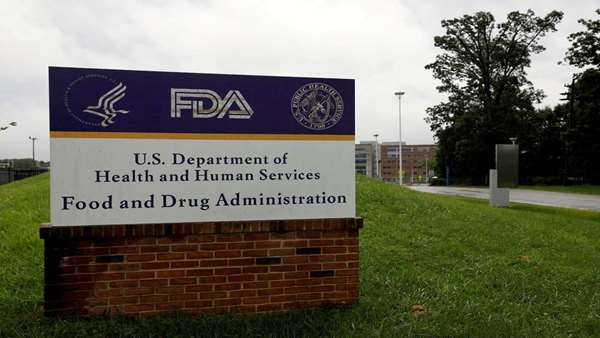FDA approves one of the priciest new treatments of all time — bluebird's gene therapy for beta thalassemia
The FDA on Wednesday approved the first gene therapy for a chronic condition — bluebird bio’s new Zynteglo (beti-cel) as a potentially curative treatment for those with transfusion-dependent thalassemia.
The thumbs-up from the FDA follows a unanimous adcomm vote in June, with outside experts pointing to extraordinary efficacy, with 89% of subjects with TDT who received beti-cel having achieved transfusion independence.
And while bluebird said it will charge up to $2.8 million for the therapy, drug pricing watchdog ICER previously said the therapy would be cost-effective up to $3 million per dose, Thomas Klima, chief commercial officer at bluebird told Endpoints News in an interview earlier this week. He said the price makes sense considering it can cost $6.4 million for a lifetime of transfusions.
Klima said there are about 1,500 patients with TDT in the US, but between 800 and 850 are those that will be eligible to receive gene therapy. About one-third of that
population is excited about gene therapy and looking for new treatments, he said, but about one-third “are on the fence” and about one-third are happy with their existing treatment regimen.
Bluebird is also saying it will provide up to an 80% rebate if the patient doesn’t hit or maintain transfusion independence.
In terms of learning from its experience in Europe, where it no longer markets Zynteglo due to financial issues, Klima said it’s more difficult to go into Europe before the US with any therapy.
“As most people know, the pricing process in Europe is lengthy, and takes time, and for a company that was in the financial position that we were in, we didn’t have that time to sit there and keep the infrastructure in Europe and continue to try to negotiate and get our price,” he said, adding:
On the positive side, the demand was there. In Germany, we treated a good number of patients on our way out as we were exiting Europe. In fact, we treated more patients than we thought were there. But the second learning was the payment over time discussion that we were having a few years ago was really something payers weren’t ready to accept, including payers in Europe. Conceptually, it sounds good but when it comes
time to implement, it’s really challenging, so for the US we are offering payment over time but we are focused more on one-time upfront payment and up to 80% rebate model.”
Until recently, the only curative option for TDT was allogeneic hematopoietic stem cell transplantation (HSCT) from a sibling or other matched donor. But finding an HSCT match is difficult, as fewer than 25% of patients have access to a suitable match.
Alexis Thompson, former president of the American Society of Hematology and chief of the division of hematology at Children’s Hospital of Philadelphia, told Endpoints in an interview that she’s not surprised this gene therapy would come at a cost.
“When you think about the burden of current treatment of beta thalassemia, save for that small number of people with a sibling donor, most are looking at a lifelong burden and remarkably expensive therapy without a potential for cure,” she said, noting there was very little difficulty in enrolling this clinical trial.
The cost “may well balance out,” Thompson added, noting that Zynteglo is a curative option, and “without question, this is also a step forward for the field of gene therapy.”
Klima added that bluebird sales teams will be expected
to be in the field on Monday, post-approval, and they’re working with the company’s top four or five qualified treatment centers and expect to have those contracts finalized at approval.
But it will take some time to bring its contract manufacturer online, and the time from cell collection to the infusion is 70-90 days, so they’re expecting to start collecting cells in Q4, and then start treating patients in Q1 of next year.
The approval also means that bluebird wins access to a priority review voucher, which can fetch about $100 million on the market. The company says it plans to sell this one as it waits on another FDA decision after that same adcomm reviewing beti-cel gave bluebird’s other potential gene therapy a unanimous recommendation for the rare but fatal condition known as cerebral adrenoleukodystrophy (CALD) by a vote of 15-0, even as FDA expressed some safety concerns.




ارسال به دوستان